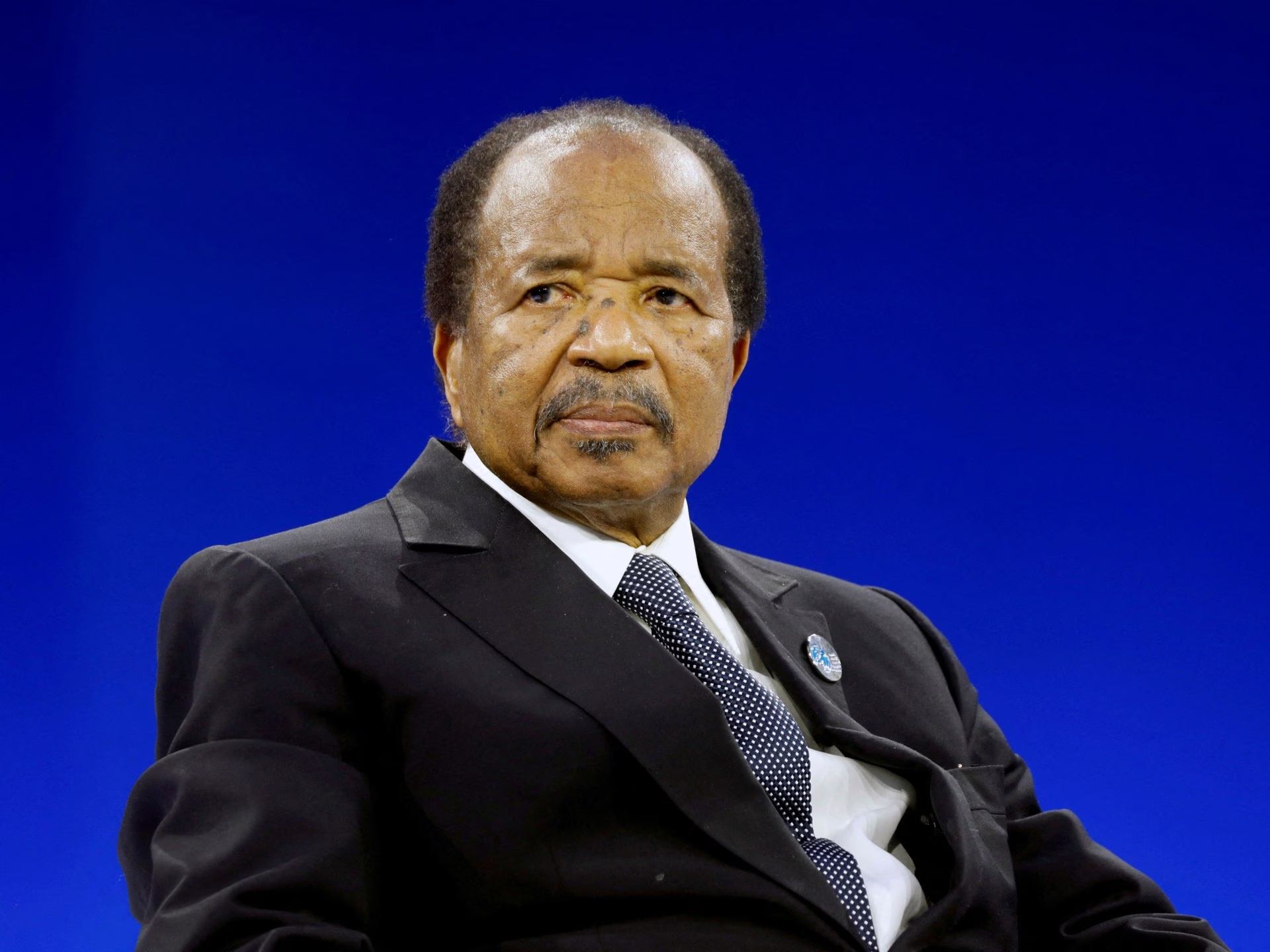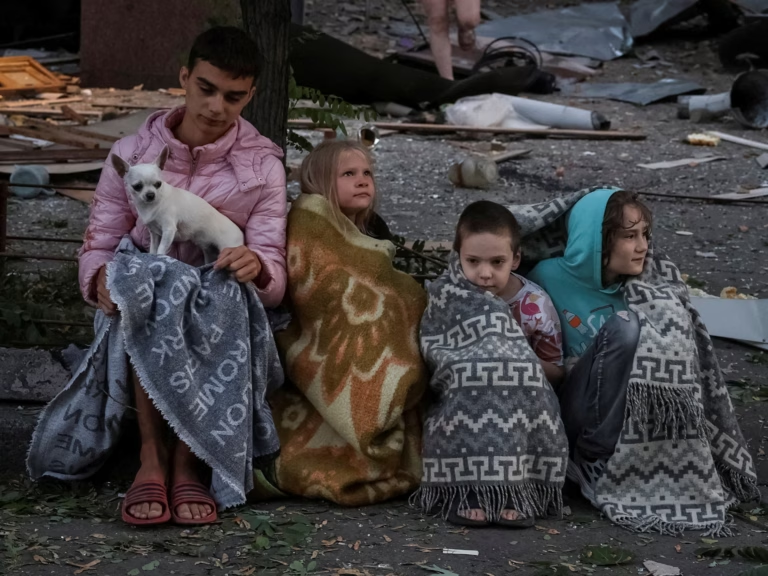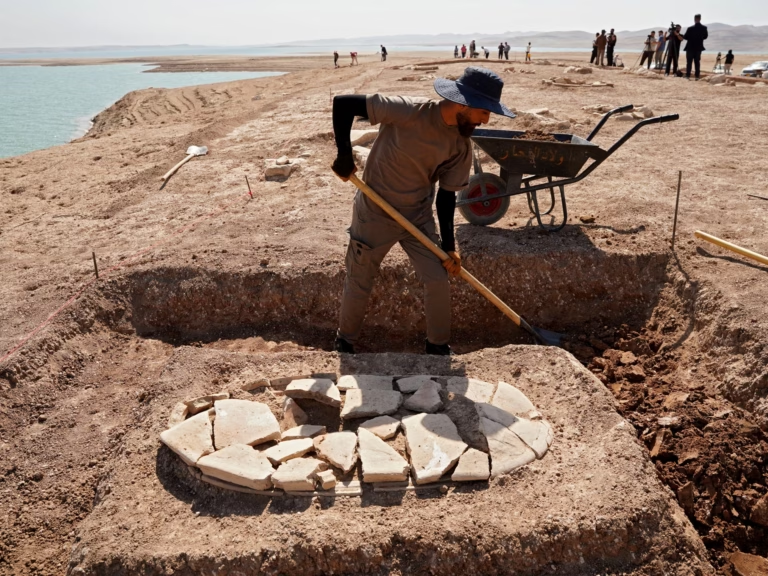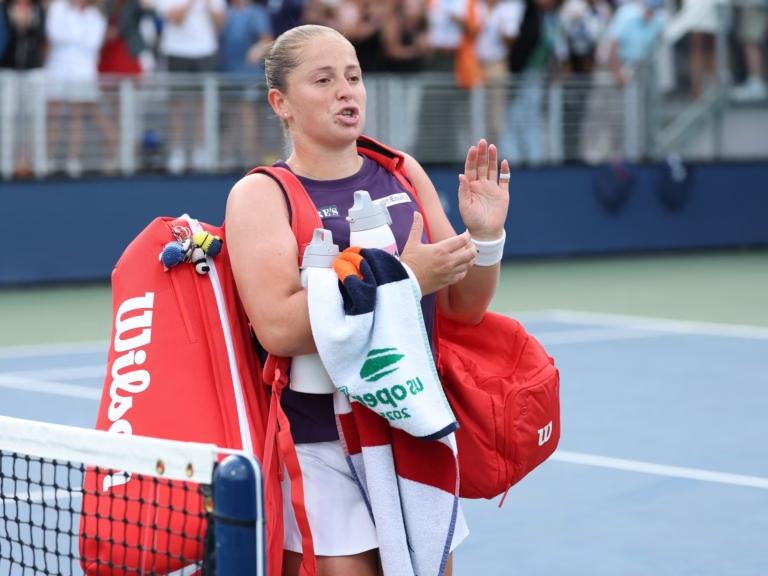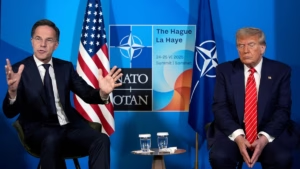Cameroon President Paul Biya, at 92 years old and the world’s oldest serving leader, aims to win an eighth term in October’s election, potentially staying in office until nearly 100.
Cameroon’s President Paul Biya has announced his candidacy for an eighth term in the upcoming October 12 presidential election, despite his advanced age of 92.
Biya, currently the longest-serving head of state worldwide, made this declaration on social media platforms on Sunday, expressing in both French and English his commitment to continue serving the country amid pressing challenges.
Taking power in 1982, Biya’s candidacy reopens discussions over his prolonged rule and implications for the nation’s future governance.
Despite suffering from health issues—including a 42-day absence from public life last year—the president maintained the chase for re-election.
His use of social media to announce these plans echoes his 2018 candidacy declaration, marking a direct engagement with the public amidst speculations about his health and political future.
Supporters from the governing Cameroon People’s Democratic Movement and others have advocated for Biya’s re-election, yet opposition parties and civil society question the benefits of his continued rule, calling for change and accountability.
“Cameroon urgently needs renewal and democratic reform, not extended periods of the same leadership,” noted Nkongho Felix Agbor, a human rights lawyer.
Biya’s candidacy reignites concerns about governance and the potential succession crisis due to his age and health, as well as the restrictions on discussing his well-being as a matter of national security.
Biya, who abolished term limits in 2008 and secured re-election in 2018 with claims of electoral irregularities, faces opposition including Maurice Kamto and others seeking significant political change.
Cameroon, which has seen only two presidents since gaining independence, now prepares for a potentially volatile election season. The nation grapples with economic challenges and security threats, including a longstanding separatist conflict and Security threats from the Boko Haram group.
Biya, currently the longest-serving head of state worldwide, made this declaration on social media platforms on Sunday, expressing in both French and English his commitment to continue serving the country amid pressing challenges.
Taking power in 1982, Biya’s candidacy reopens discussions over his prolonged rule and implications for the nation’s future governance.
Despite suffering from health issues—including a 42-day absence from public life last year—the president maintained the chase for re-election.
His use of social media to announce these plans echoes his 2018 candidacy declaration, marking a direct engagement with the public amidst speculations about his health and political future.
Supporters from the governing Cameroon People’s Democratic Movement and others have advocated for Biya’s re-election, yet opposition parties and civil society question the benefits of his continued rule, calling for change and accountability.
“Cameroon urgently needs renewal and democratic reform, not extended periods of the same leadership,” noted Nkongho Felix Agbor, a human rights lawyer.
Biya’s candidacy reignites concerns about governance and the potential succession crisis due to his age and health, as well as the restrictions on discussing his well-being as a matter of national security.
Biya, who abolished term limits in 2008 and secured re-election in 2018 with claims of electoral irregularities, faces opposition including Maurice Kamto and others seeking significant political change.
Cameroon, which has seen only two presidents since gaining independence, now prepares for a potentially volatile election season. The nation grapples with economic challenges and security threats, including a longstanding separatist conflict and Security threats from the Boko Haram group.



